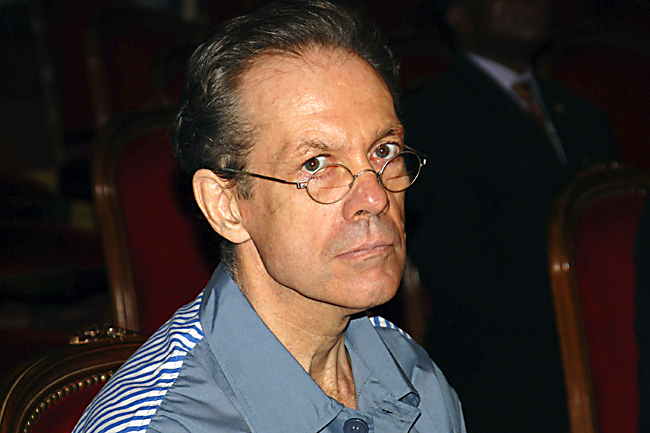Mercenary leader Simon Mann has been pardoned by the leader of Equatorial Guinea. The question now: what is the nature of the deal behind his release?
Simon Mann and four South African mercenaries have been pardoned by Teodoro Obiang Nguema, the oil-rich West African nation’s President, and will shortly be free.
Eton-educated Mann was ringleader of a coup attempt in Equatorial Guinea involving Mark Thatcher, son of former British Prime Minister Margaret Thatcher. Thatcher Jnr pleaded guilty in a South African court of funnelling about R1,7-million through a Free State-based air ambulance outfit, in an “unwitting” bankrolling of the 2004 coup attempt. He was fined, given a suspended sentenced and left SA pronto.
Nguema came to power in a 1979 coup in the former Spanish colony, which he runs like a personal fiefdom. This makes one wonder what has gone on behind closed doors, despite Nguema’s obligatory “full pardon for humanitarian reasons”. Mann’s freedom has parallels with the recent release of the only person convicted for Libya’s infamous 1988 Lockerbie plane bombing, which British authorities have reluctantly admitted involved major trade and oil deals. So, just what are the Brits and South Africans promising for Mann’s release?
It’s amazing how regularly the sons of French and British politicians find themselves involved in illegal African dramas. The apple of former French President Francois Mitterand’s eye, Jean-Christophe, was recently sentenced for his part in $800-million of Angolan arms trafficking. Like Thatcher junior he was even luckier than Mann; he didn’t spend so much as five minutes in a tropical jail.
Read more: AP, Voice of America





















 Become an Insider
Become an Insider